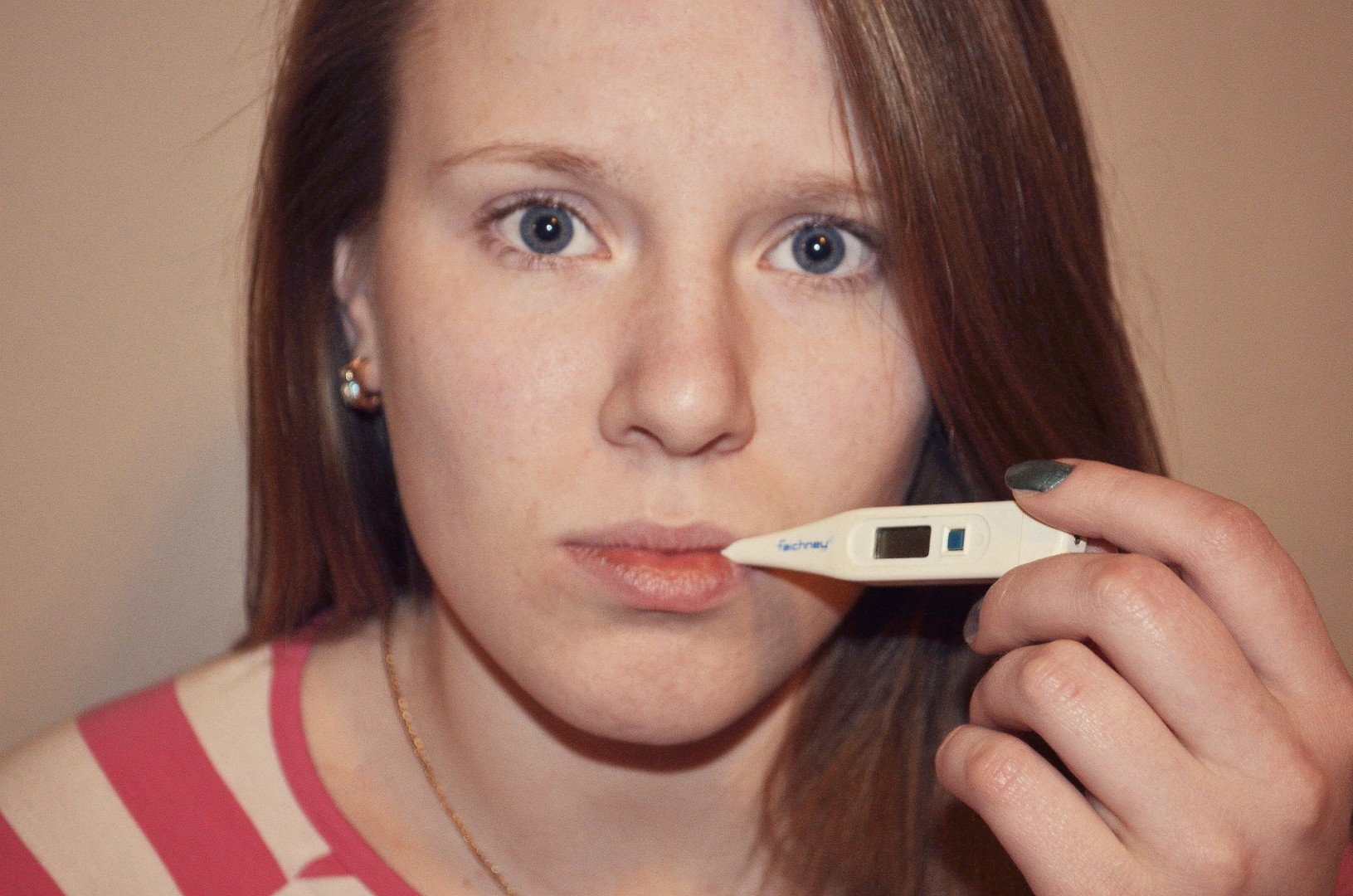With new cases of measles emerging in hotspots around the country, health officials at DU are encouraging students to ensure they are vaccinated against the potentially deadly disease.
DU Health and Counseling Center (HCC) Medical Director Dr. David Odell warns that measles is a highly contagious and serious disease that students need to be properly vaccinated against.
“All incoming college students must submit proof of two measles, mumps and rubella (MMR) vaccinations before attending classes,” Odell said.
While Colorado state law does offer exemptions from this requirement, a student without proper measles vaccinations would be forced to leave campus in the event of an outbreak, according to Odell. If a student is forced to remain off-campus because of a vaccine issue, students will not be refunded for missed time.
For most students, immunizations records will clearly show if two MMR vaccines were administered. The HCC can also perform a blood test to determine if students require the vaccine.
If a student is in need of the vaccine, the HCC can administer the shot for free as long as the student has paid the health fee and has the Student Health Insurance Plan according to Odell.
Students should contact the HCC if they are interested in being vaccinated.
Measles, which is an acute viral illness, was declared eradicated from the U.S. in 2000. However a recent outbreak is believed to have started at Disneyland and spread across Southern California and six other states.
According to the Center for Disease Control (CDC) there have been 114 confirmed cases of measles this year while the average number of cases for most years is less than 60.
Colorado has had only one confirmed measles case this year, which was confirmed in January. But, according to Odell, the state also has some of the lowest vaccination rates in the country.
“Colorado has a program that allows students and parents to easily claim a personal exemption to vaccines, not just for medical or religious reasons,” Dr. Odell explained. “That makes it easier for DU students and all Coloradans to remain unvaccinated and thus contract vaccine-preventable illnesses.”
In the case of measles, the CDC maintains that the vaccine is perfectly effective but is not being used properly by parents who choose to not have their kids vaccinated. Because measles is highly contagious, more than 95 percent of individuals in a community need to be vaccinated to prevent the spread of the disease, according to a National Institute of Health study. The recent movement of anti-vaccination parents was spurred by the belief of a link between the measles vaccine and autism in children.
“This myth has been completely and thoroughly disproven,” Dr. Odell said. “The physician initially responsible for this claim has been investigated and found to have been dishonest and unethical in his research practices.”
While the CDC reports that most parents follow the advice of medical professionals and have their children vaccinated the virus, children who are not vaccinated face an increased risk of contracting the virus.
“It is possible the outbreak could get worse,” Dr. Odell said. “There are still many people, including young children, who are not immunized.”
To avoid this development DU health officials hope students will take advantage of the vaccines being offered. For information about vaccines, students can call 303-871-2205.











